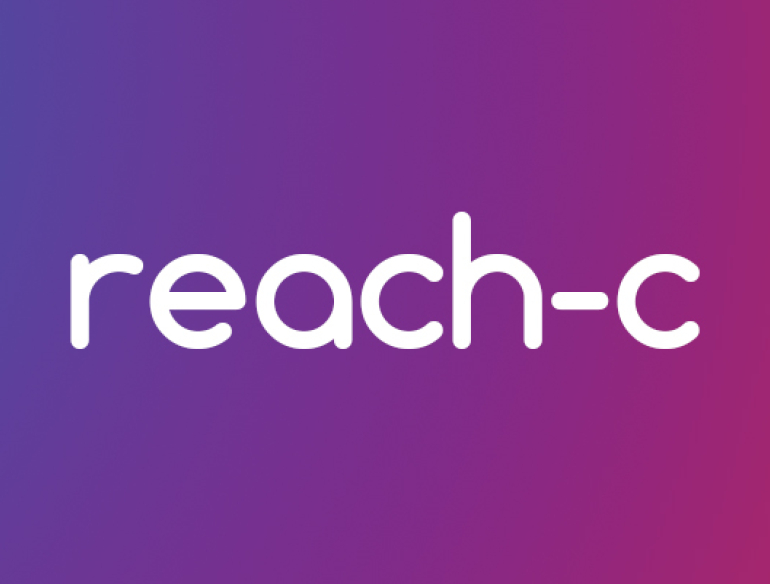Universal access for adults with chronic hepatitis C (HCV) to new direct-acting antiviral (DAA) therapies with PBS listing in March 2016 has seen an unprecedented increase in prescriptions for HCV therapy. Current estimates of the efficacy of the new hepatitis C DAA medications are based on clinical trial data which consists of populations which are not fully representative of Australians living with hepatitis C. Understanding the new patterns of treatment prescription, as well as treatment outcomes in real world settings, is critical to inform planning for future HCV services within Australia.
The REACH-C project establishes a national framework of sites and data collection from a diverse range of services providing HCV treatment including through non-traditional models of care. The study will assess patterns of treatment uptake and treatment response rates to DAA therapies, including the reasons for treatment failure.
REACH-C comprises a national multi-centre observational cohort. Study procedures comprise data collection only on consecutive patients commencing treatment for hepatitis C with interferon-free direct acting antivirals at each site. Treatment is at the discretion of the treating site clinician.
REACH-C will examine treatment uptake and treatment response rates across a range of diverse clinical services. It will also identify factors which lead to treatment success or failure in the Australian context. Determining what these factors are will better equip health care professionals to discuss hepatitis C treatments with their patients and improve public health messaging around the treatment for hepatitis C.
As part of the REACH-C study, ASHM and The Kirby Institute have developed an easy to use online form that prescribers can complete to gain specialist approval to initiate DAA therapy. This is a great tool for practitioners living in rural or remote areas where access to specialist support may be limited. Approval to start DAA therapy is usually provided within 24 hours.

